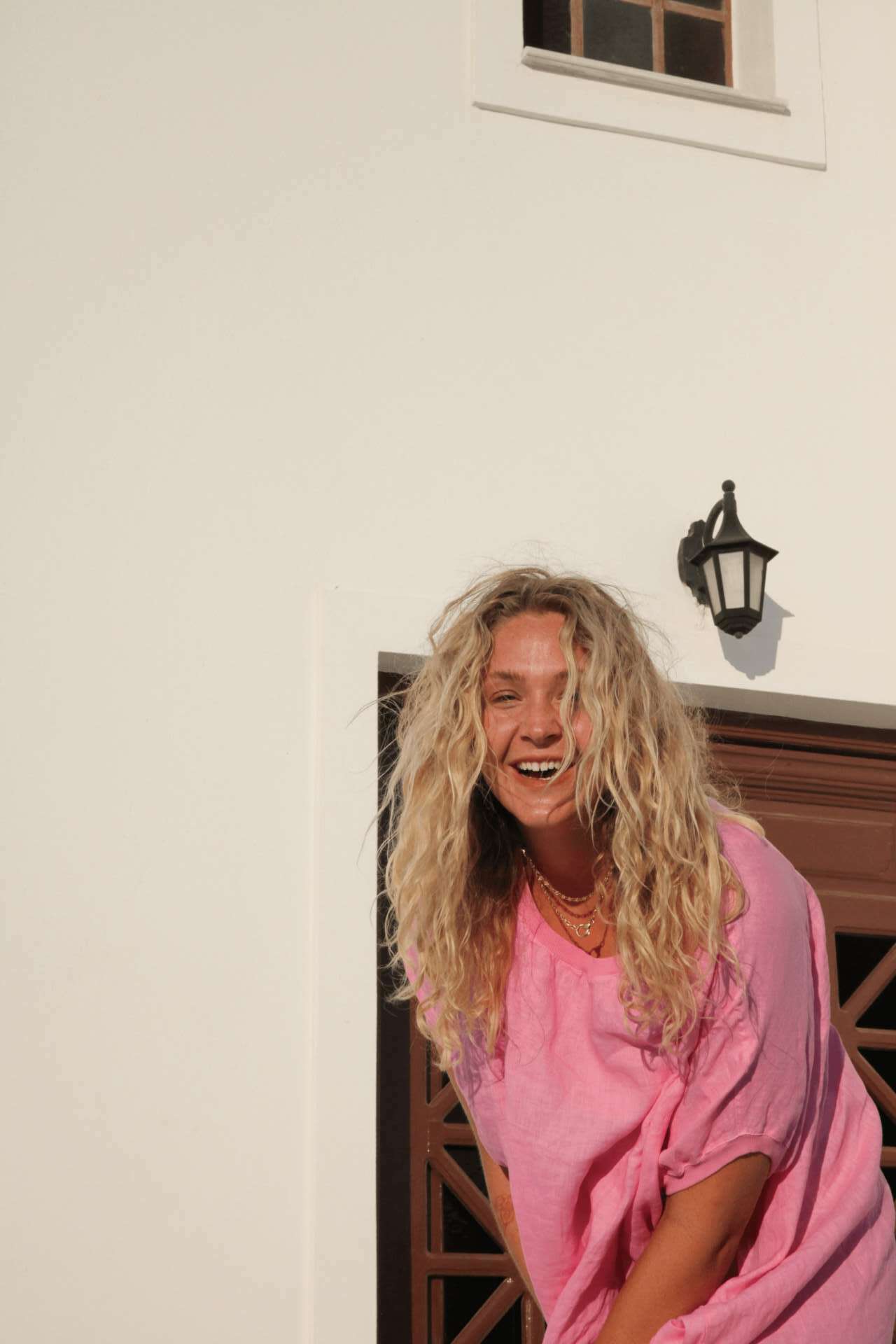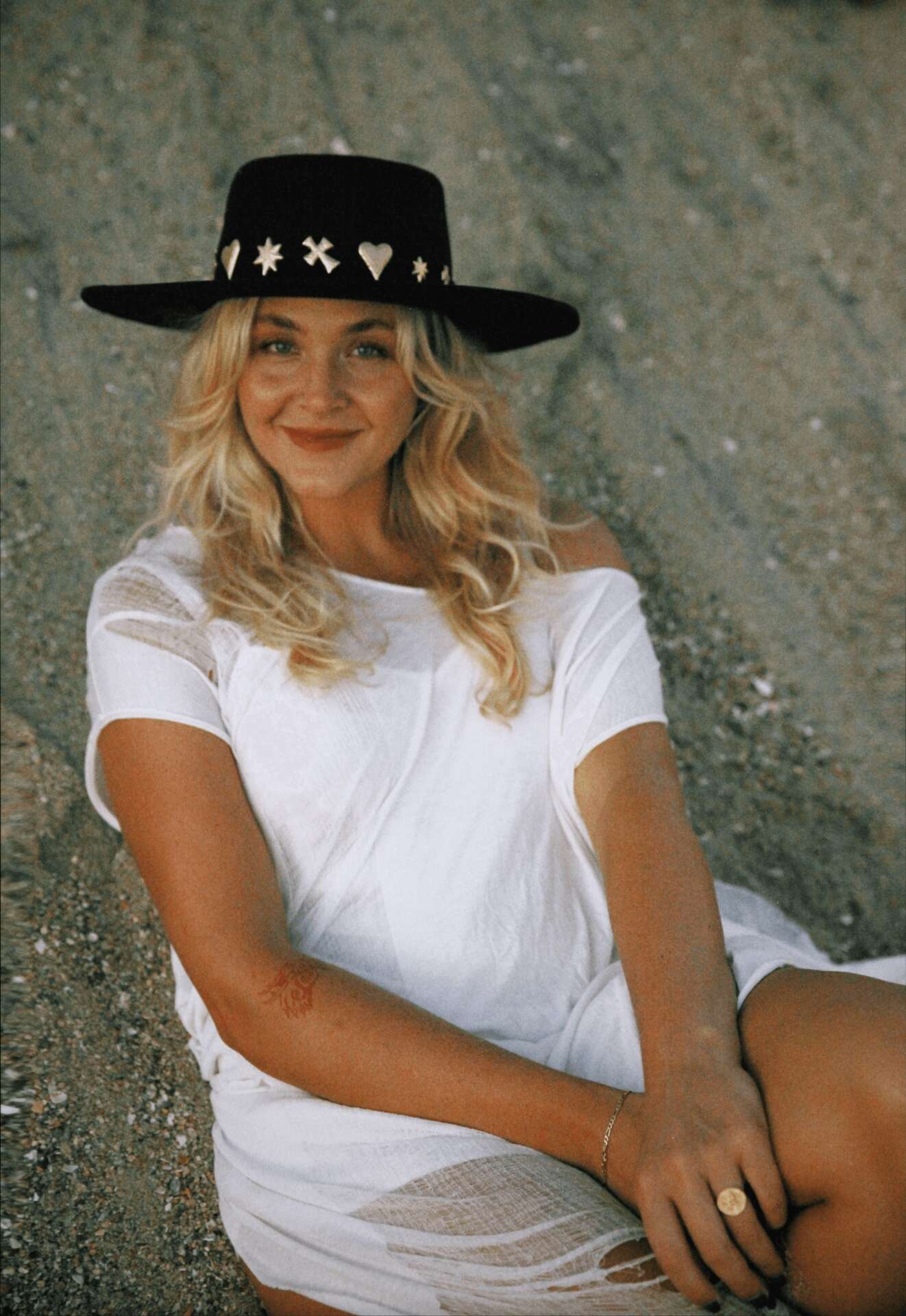We were lucky to catch up with Eike Daube recently and have shared our conversation below.
Eike, thanks for taking the time to share your stories with us today If you had a defining moment that you feel really changed the trajectory of your career, we’d love to hear the story and details.
This is my athlete story this is a portion of who I am that defined my development as a psychotherapist specializing in trauma, athletes, and wellness.
My sport was Women’s Water Polo I began playing at 9 years of age. I am the daughter of two immigrant parents who raised me in Long Beach, CA. A city where aquatics is a proud foundation of the community. My parent’s had never heard of water polo when they threw me into it. I cried my very first practice out of concern I wouldn’t be good enough because majority of my elementary school classmates had already been playing for a while. I was 9, so I think you can anticipate how this thinking went on to affect me long term and still does till this day. I will share my story anyway…
At the age of 13 my father passed away in a sudden motorcycle accident that rapidly changed the trajectory of my life. When nothing made any sense, my mother and my own need to dissociate from my current reality thrust me into the pool everyday. I grew this incessant desire to “make my dad proud”, this exasperated my perfectionist qualities. My sport was my survival as many athletes can relate. When I was in the pool that was my only focus it was active mindfulness for me I trained hard, was with my best friends, and the rest of the world and my life would stop for a while. This drive and focus helped me get recruited don a full ride at the University of Southern California (USC).
At USC is where all my underlying insecurities, trauma, and fear really came to a head. For many college students this is the first time in their life they are away from their family and the comfort of their home. Although I wasn’t far from home the security of my mother and coming home to the comfort of food, my room etc wasn’t there. Here I was only 17 years of age playing for one of the best teams in the country, for the most well respected and intimidating coach, with complete strangers I now called teammates, the pressure of a full ride scholarship and the the expectation to play valuable minutes on my shoulders. I was out of my depth. Freshman year I was in the height of my eating disorder and very rapidly becoming clinically depressed. As a result my grades suffered, I wasn’t able to perform, I was struggling to build relationships, and I was crying every single day. I was so lost and I didn’t know what to do or who to talk to, wondering how to get out of this hell I felt like I was living.
The conflict of having “what everyone dreams of” and being in the ultimate mental fight to survive my own internal experience. The constant fear that telling anyone what I was feeling would be held against me, I wouldn’t be trusted in the pool, my teammates were complete strangers, my coach would revoke my scholarship somehow…. the list of fears went on and on. At the time I didn’t know what anxiety was or clinical depression was. I knew I wasn’t ok ,but I grew up in an immigrant household, to me I was just sad and feeling sorry for myself and I needed to toughen up. Due to this I never sought professional help, that was weakness. So here I was everything falling apart around me , the only familiar constant was my sport and even that wasn’t working. I felt completely trapped I couldn’t afford to be at USC without my scholarship so quitting simply wasn’t an option. I found a way somehow, some way I managed to climb that mountain again.
That mountain I managed to climb, I did find success… won national championship, won a junior world title, and eventually became captain of the USC women’s team. There were moment’s of joy along the way, I found it again from time to time, but by the time I finished playing at USC I hated water polo. I had built up such a resentment to my sport, that I couldn’t find the will to pursue the US women’s national team. I couldn’t risk any more of my very fragile ego on the possibility of not making it. Amongst the success I had, I had also been torn down over and over again, by the time I graduated I felt completely worthless, I didn’t know who I was, and I didn’t know what to do next. I’d essentially majored in water polo with zero life path and zero professional or psychological resources. I had done my job, USC and my sport no longer had a use for me.
As any clueless 21 year old “retired athlete” with no idea what to do next does, I went on to play a few professional seasons abroad for various clubs in various countries. This was a privilege my sport had allowed me and I am grateful for I learned a lot during my time abroad many hard lessons and many memories were made it gave my life force again. However, I never could get myself to compete at a high level the way I had. Not because of a lack of ability, simply because the sport, and my experience with it had taken my love away, my competitive drive away.
I am so grateful in every single day for the ability to have played my sport, the people I met along the way, the way it shaped my entire life I would be remits to say it wasn’t an ongoing gift. Sport is ultimate beauty and triumph as it is pain and struggle the addiction to the extremes is what pulls us all back for more. I have no regrets on this journey but I would be lying, if I said, I didn’t wonder from time to time what could have been had I sought professional help or spoken up about what I was feeling or going through.
The years that followed my experience were filled with the obstacles most athletes face; identity struggles; who am I? What is my value now? What the hell am I supposed to do with my life? Anxiety, depression, coping by being busy, partying, and whatever else I could manage. The list goes on and on, and of course as an athlete we are hardworking, resilient, capable, strong, elite human beings “we can do it all”. Hope fully you can sense my sarcasm, yes we are those things but we also need help just like anyone else and no one should have to do it alone.
This is the para-phrased version of some of my athlete story, this is a portion of why I now work with athletes of all levels, ages, and stages of life.
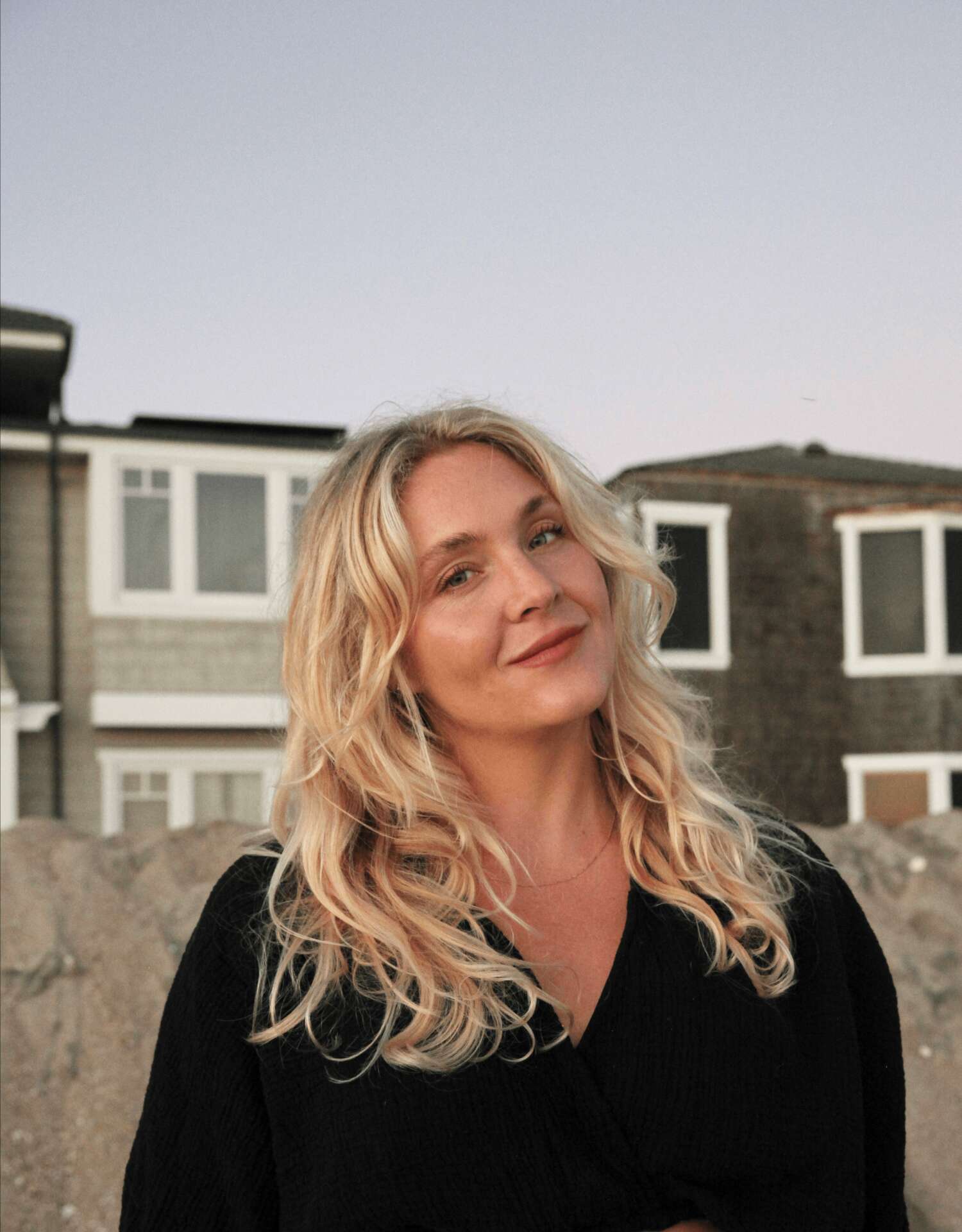
Awesome – so before we get into the rest of our questions, can you briefly introduce yourself to our readers.
I’m a Southern California-based, psychotherapist, researcher, and former professional athlete. I specialize in supporting teens and adults, with a focus on trauma, anxiety, depression, identity, athletics, spirituality, and performance. My graduate degree is in Social Work with an emphasis in adult mental health from the University of Southern California.
I have worked with diverse populations, beginning my career with the homeless veteran population. Following that experience, I transitioned into research for individuals with Spinal cord injury, which I continue to do today. I have worked in community mental health with the persistently mentally ill population on a team of psychiatrists, clinicians, and nurses. I have also worked full time in a high school, supporting teens with varying mental health, family, cultural, and environmental issues.
I currently work in private practice supporting adults and teens. I enjoy working in private practice as it allows me the ability to foster long term working relationships with my clients and I get to practice a very holistic approach to therapy.
I design Therpay to fit the individuals needs. My training is diverse as well as my work experiences. I provide modalities such as EMDR, somatic experiencing, ACT, and mindfulness. I combine the mind and body in my work to include all aspects of our emotional wellbeing into the healing process. I find that only focusing on the cognition of the individual limits the awareness of stored and disruptive experiences often found in the body. Many of us intellectualize and cope by suppressing and distorting our experiences; the emotional body doesn’t do that it holds truths that we ourselves hesitate to face.
My purpose in this work is to assist in my clients gaining choice and healing that is about their own longevity and wholeness. I am not interested in short term relief if it means my clients will suffer again and again.
Outside of work, I spend much of my time enjoying nature, playing with my dog Auggy, working out, listening to random podcasts about spirituality (love a little woo woo magic in my life), traveling, and spending time with family & friends.
my website: daubetherapy.com provides more information on all of what I have shared including my trainings and credentials.
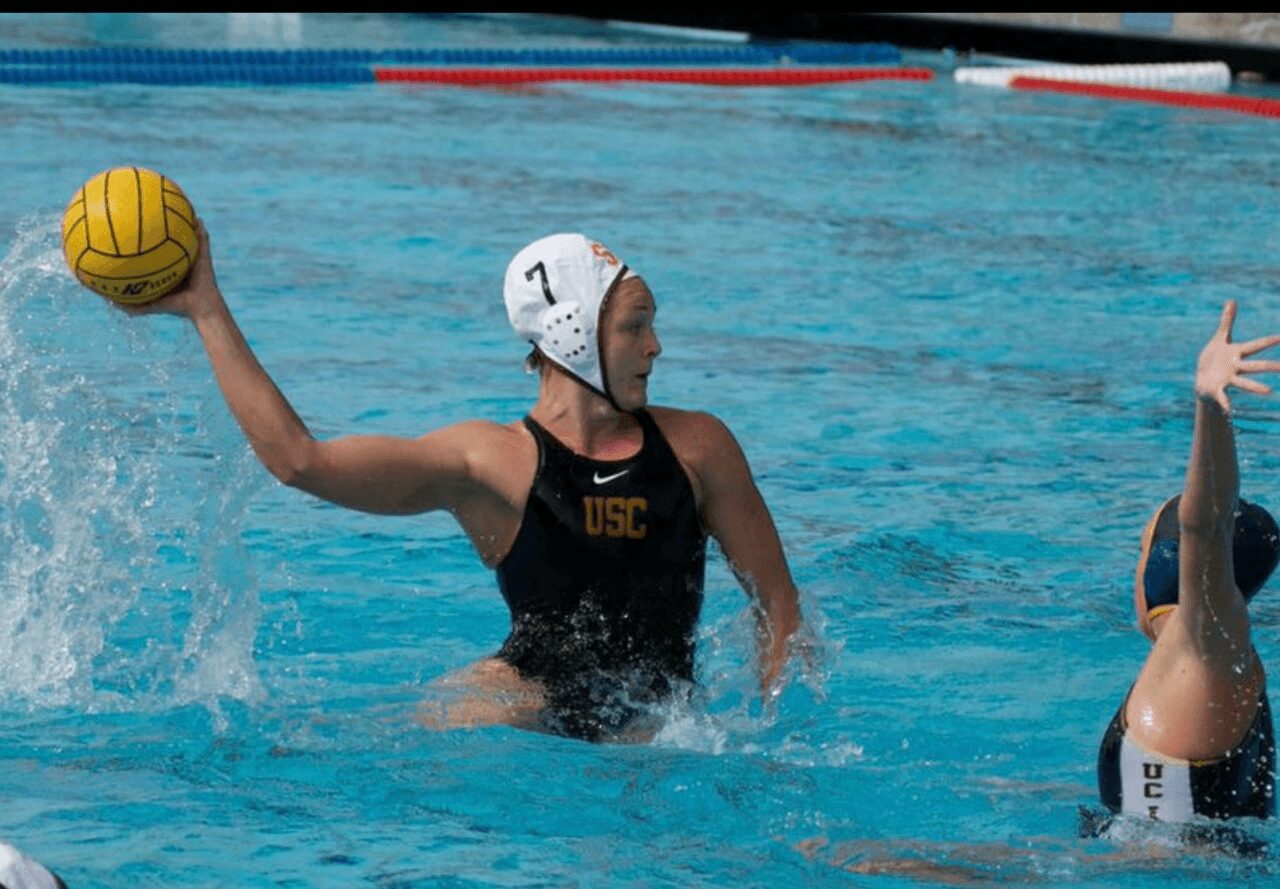
Other than training/knowledge, what do you think is most helpful for succeeding in your field?
The most helpful thing when it comes to being successful in my field of work for me, is being myself. Being authentic in this work and genuine is crucial it allows me to work with my clients in a way that feels relatable. People know when you are scared or intimidated or overwhelmed they know when you are lying or pretending.
I can’t do this work without being radically honest with myself and at times the people I work with. This has been the most valuable way for me to work with my clients because they feel seen and they can trust me. I am not withholding or hiding who I am in this work with them. Vulnerability and honesty creates change in our world and I want to example what I expect and hope for, in my clients.
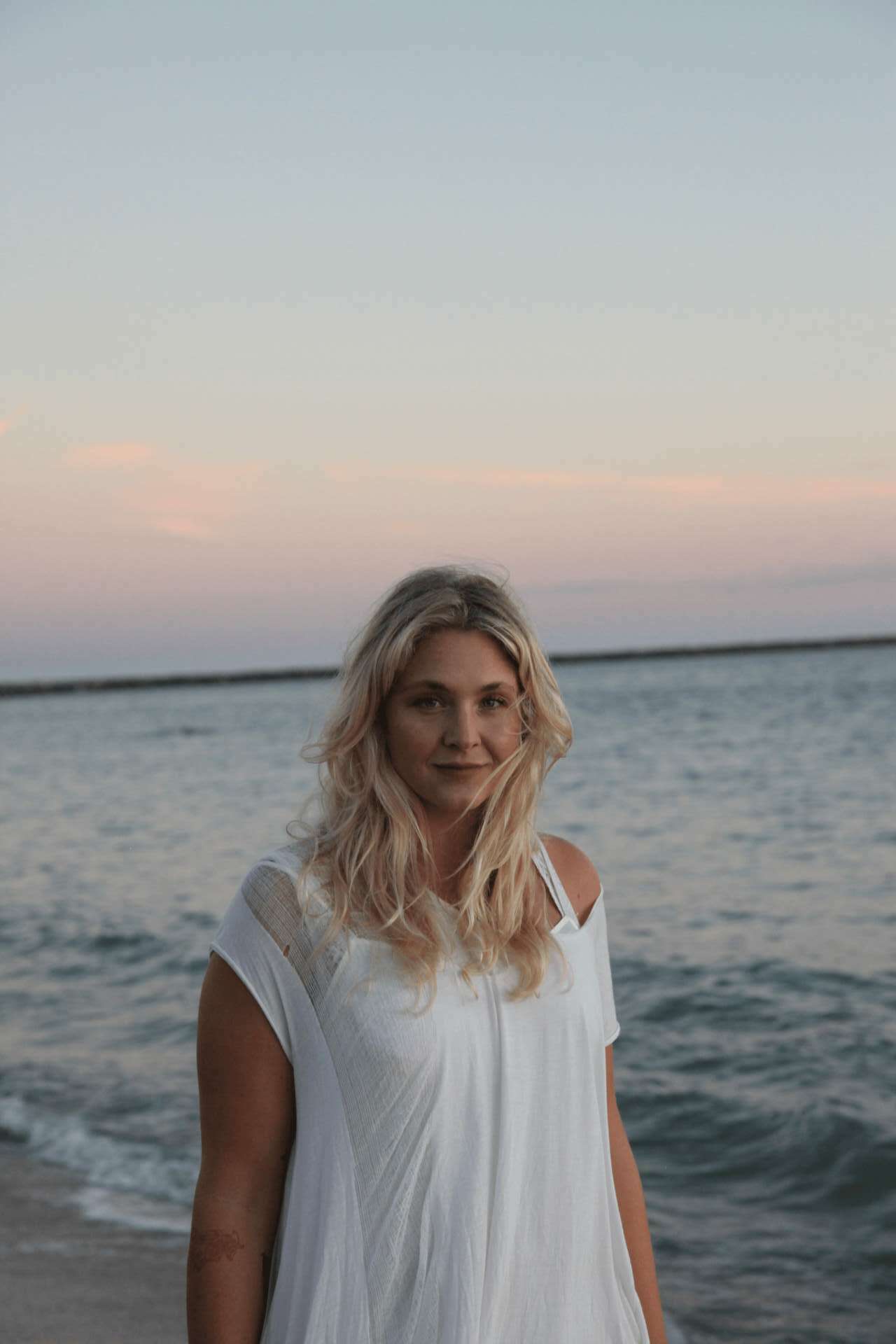
What’s been the most effective strategy for growing your clientele?
In truth the most effective strategy(s) for me in building a client base are these:
1. Word of mouth; you do good work you show up authentically and demonstrate passion people will talk about it. You go the extra mile when it’s not necessarily asked for or needed, people will talk about it. I truly love what I do and it resonates with the people I work with and so they share their experience with others. I am also not a traditional therapist and as I have said people sense a relatability. I am in the business of humans we will either click or we won’t their is not pretending about it. I am not going to be the perfect fit for everyone and I don’t try to be.
2. Networking: Connecting with other working professionals and speaking from place of passion and intention in this work. Go to the networking events it might seem silly but it is so worth it. Not to mention I have learned a lot from other professionals in my field they expand my perspective and motivate me to do more/try new things.
3. Email Marketing and Hosting free webinars: Sharing ideas and informations with people in a way that is digestible and free has given me a platform to demonstrate my skills and expertise. You never know who is going to connect with what you have to share.
Contact Info:
- Website: https://www.daubetherapy.com
- Instagram: @eike.daube.lcsw
- Linkedin: https://www.linkedin.com/in/eike-daube-lcsw-027ba09b/
